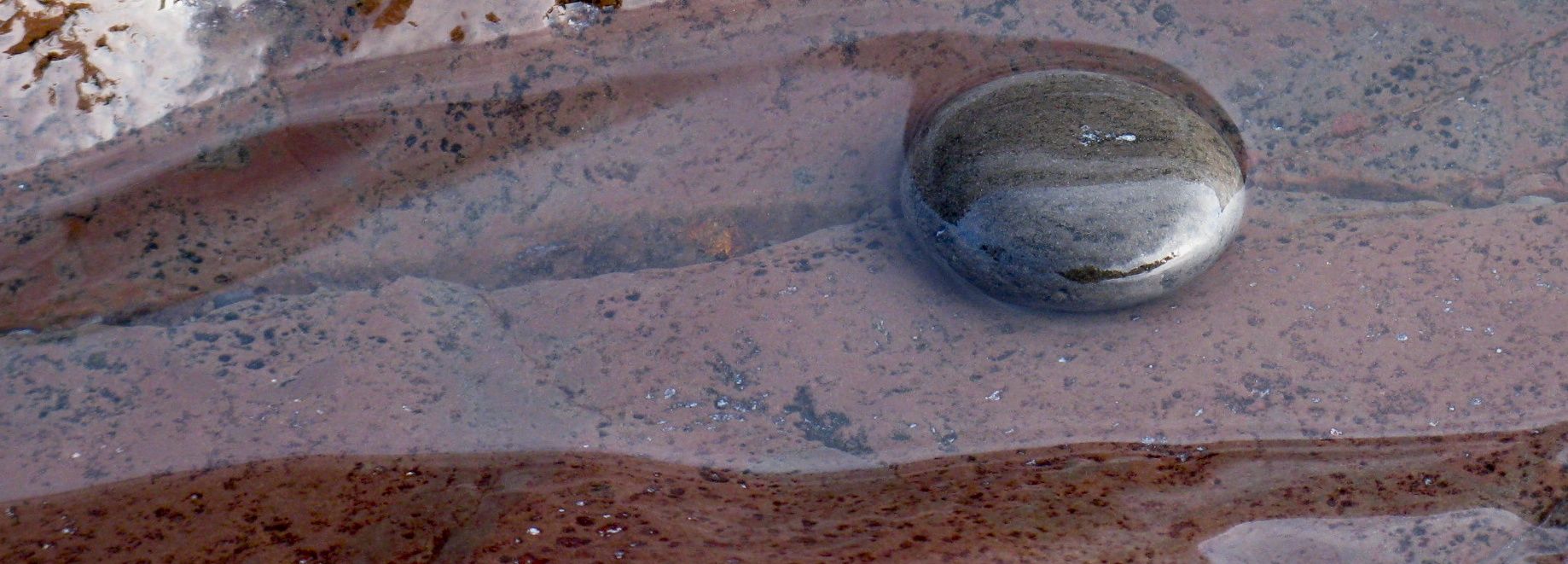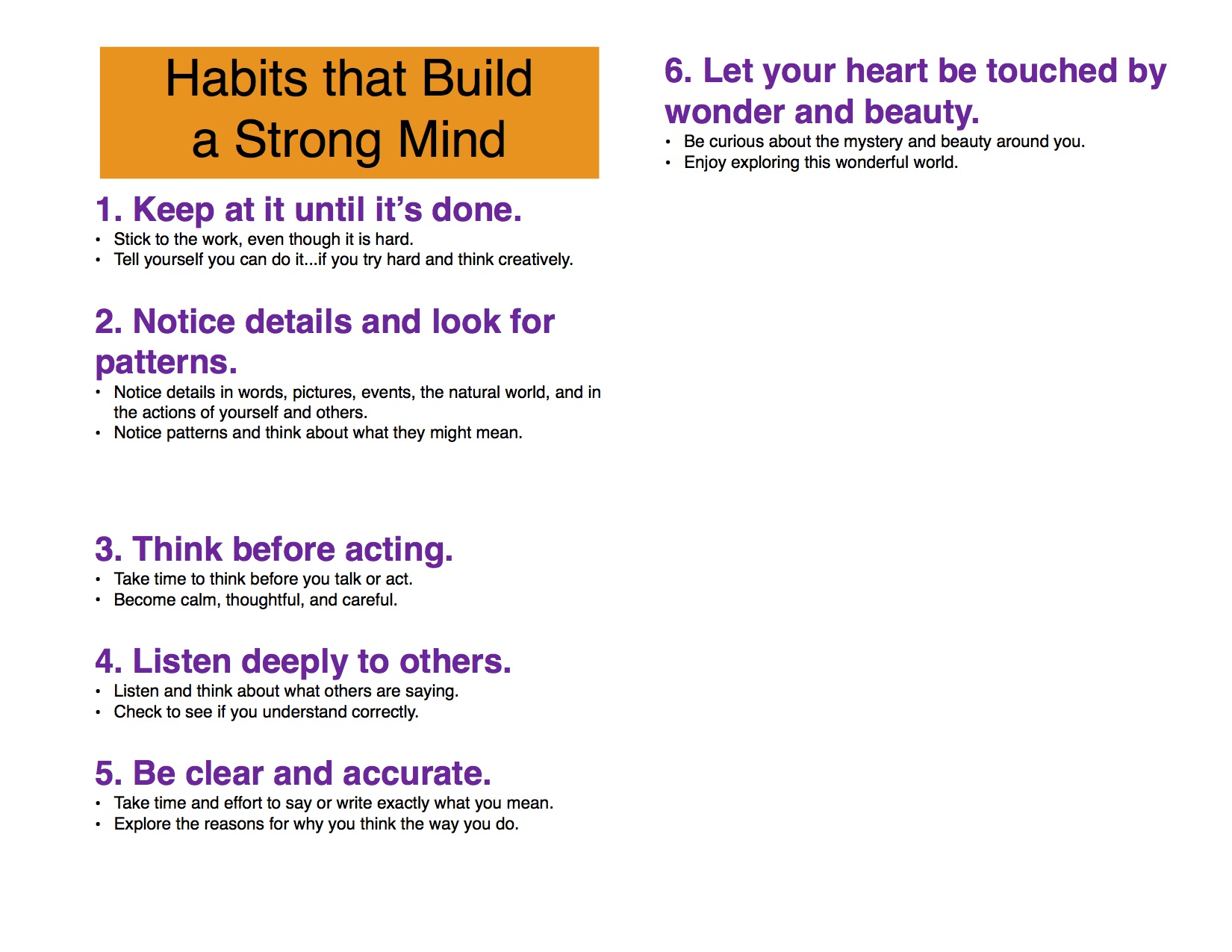It is raining today in my little valley in Iowa.
Both the poet and the teacher in me believe that everything really does depend on a red wheelbarrow glistening in the rain. Much of teaching and much of learning emerges from noticing small moments and then diving deeply into them. (See a good post by John Spencer with a different take on the same topic.) These moments change us because we discover how richly textured the world is, and we build a habit of searching for meaning where ever we are. Noticing changes us. And many changes, like majestic canyons, start out small and grow larger through time and practice.

I’m puzzling out how to help students understand the importance of those small moments in their own learning, how to help them notice and name and ponder the things that they see and do during their learning day. One way is by helping students’ understand that each day brings them the opportunity to create their own mind. I’m trying to help them notice that what they do as learners helps them create good habits that can last a lifetime. We are born with a brain, but we have the opportunity (and responsibility!) to create a mind.
To make this idea more concrete, I’ve adapted Costa’s 16 Habits of Mind to fit what I think my third graders can more easily handle. So, instead of the full sixteen habits I’ve narrowed down to six so we can focus our attention more carefully and come away with a deeper understanding of each of them. Recently, I created a poster and introduced the kids to these habits through a couple lessons. Here’s the poster:

Interestingly, this process of helping students build good habits of mind has evolved into a way to document student learning and thinking. I’ll write more about that in another post, but for right now I’ll just say that our initial focus has been on #2: Notice Details and Look for Patterns.
Already I’m beginning to see possible inquiry units, perhaps early in a school year, emerge from this habits of mind project. These would help us understand what the habits of mind mean and how we might develop them in ourselves. For instance, the habits — Think Before Acting and Listen Deeply to Others — could become an inquiry into how people talk to each other, which could continue through units of study on how people work together and talk to each other about books, or science, or math, or any other subject area.
A study like this might build a strong foundation for later group work, and help the students see how their actions, even in things like group work, are helping them create the kind of mind that they will want to live with for the rest of their lives.
I’m nowhere near clear on where I’m going with this, but I am excited to be starting along this path. Thoughts?

I would LOVE to work on this with you! Fascinating.
Seriously???!! I would LOVE to collaborate on something like this with you!
I’m working up a post on documenting student learning, kind of a mindfulness – metacognition thingy. It’s unformed and nebulous enough right now that I’m afraid I’ll drop it if I don’t make it more public. I’ll email the link to you when it’s done. Please feel no pressure to comment or do ANYTHING with it, however. You are one busy person! Go! Go! Go! Maaaaaaarch MADness. (That was supposed to sound like a cheer…) 🙂
Yay! Let’s do it!
Cool beans! Posted about my first foray today. Ideas? Thoughts?
Pingback: Building a Mind Project: Documenting Student Work, Round One | inside the dog...
Pingback: Reflection #2, Or, What this Blog Became in its First Year